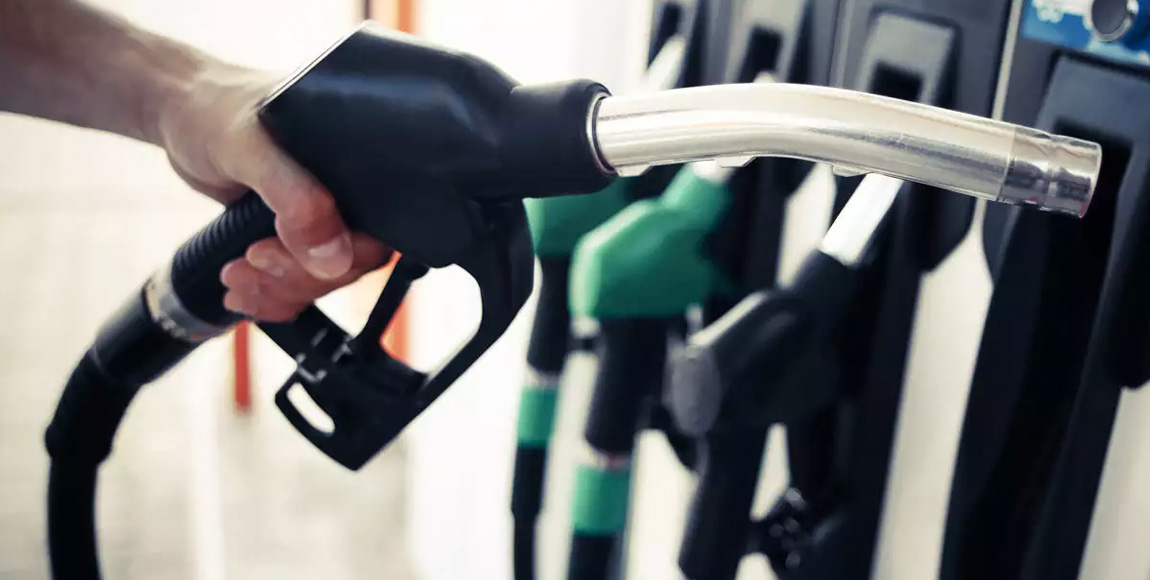Reducing the impact of fuel costs on agricultural production

The annual Grain SA Nampo Agricultural Show takes place next week – and so agriculture is top of mind in the wider transport industry. However, with another rise in the fuel price at the beginning of May, so are diesel costs.
Marthinus Loock, AgriBusiness senior manager at Standard Bank, comments that South African farmers are facing a “perfect storm” of costs from increased global oil demand, higher oil prices, a weak rand-dollar exchange rate, increasing taxes, an inefficiently applied fuel rebate and significant fertiliser inflation converge.
“It will be inevitable that farmers will have to absorb the latest fuel price increases weighing down on already thin margins,” he says, adding that hedging diesel while focusing much more strongly on equipment running costs can offer farmers the most effective mechanisms to manage the impact of increasing fuel prices on production costs.
“In view of the R5,49 per litre tax on diesel, we now also have a situation where 35 to 40 percent of the price of diesel in South Africa is made up of taxes,” says Loock.
“Despite this tax burden making diesel in South Africa significantly more costly than in neighbouring countries, the percentage of administered costs in the fuel price is expected to increase further,” cautions Loock.
“This year’s budget, for example, introduced a carbon tax of ten cents per litre. Since this is relatively low by global standards, South Africa’s carbon tax rates are likely to grow over time, especially considering the pressure under which South Africa’s fiscus is currently operating,” he adds.
While primary agricultural activities qualify for fuel rebates, this amounts to only 40 percent of the fuel levy (R3,37/l). “Fuel used for bakkies, transport of goods to markets, or broader distribution to consumers does not qualify for the rebate,” says Loock.
“Since food distribution and the broader fuel needs of agriculture’s wider supplier and distribution ecosystem do not qualify for the fuel rebate, the rebate is likely to have a limited palliative effect on food inflation when measured across the entire agricultural value chain,” he continues.
Loock suggests two ways farmers can protect themselves from rising fuel prices.
“First, diesel hedge and option contracts traded on SAFEX provide farmers a mechanism to purchase forward contracts on diesel at fixed prices, allowing them to purchase three months’ supply of diesel at a fixed price ahead of planting or harvesting, for example. The broader agricultural value chain, including transporters and distributors, can also hedge diesel.
“As such, hedging diesel provides a mechanism to bring fuel price stability and cost-predictability to the entire agricultural value chain. This has the potential to significantly reduce the carry-through effect of increased fuel prices on food inflation,” explains Loock.
Second, farmers can use new technologies and up-to-date equipment to reduce running costs. “Farmers generally replace their mechanised equipment every five years or so. New equipment and technologies provide farmers with an opportunity to reduce fuel consumption and other running costs and increase efficiency,” says Loock.
“If applied broadly across the entire agricultural value chain in South Africa, the sector could successfully reduce the impact of increased fuel prices on food inflation in the broader economy,” concludes Loock.
Published by
Focus on Transport
focusmagsa




